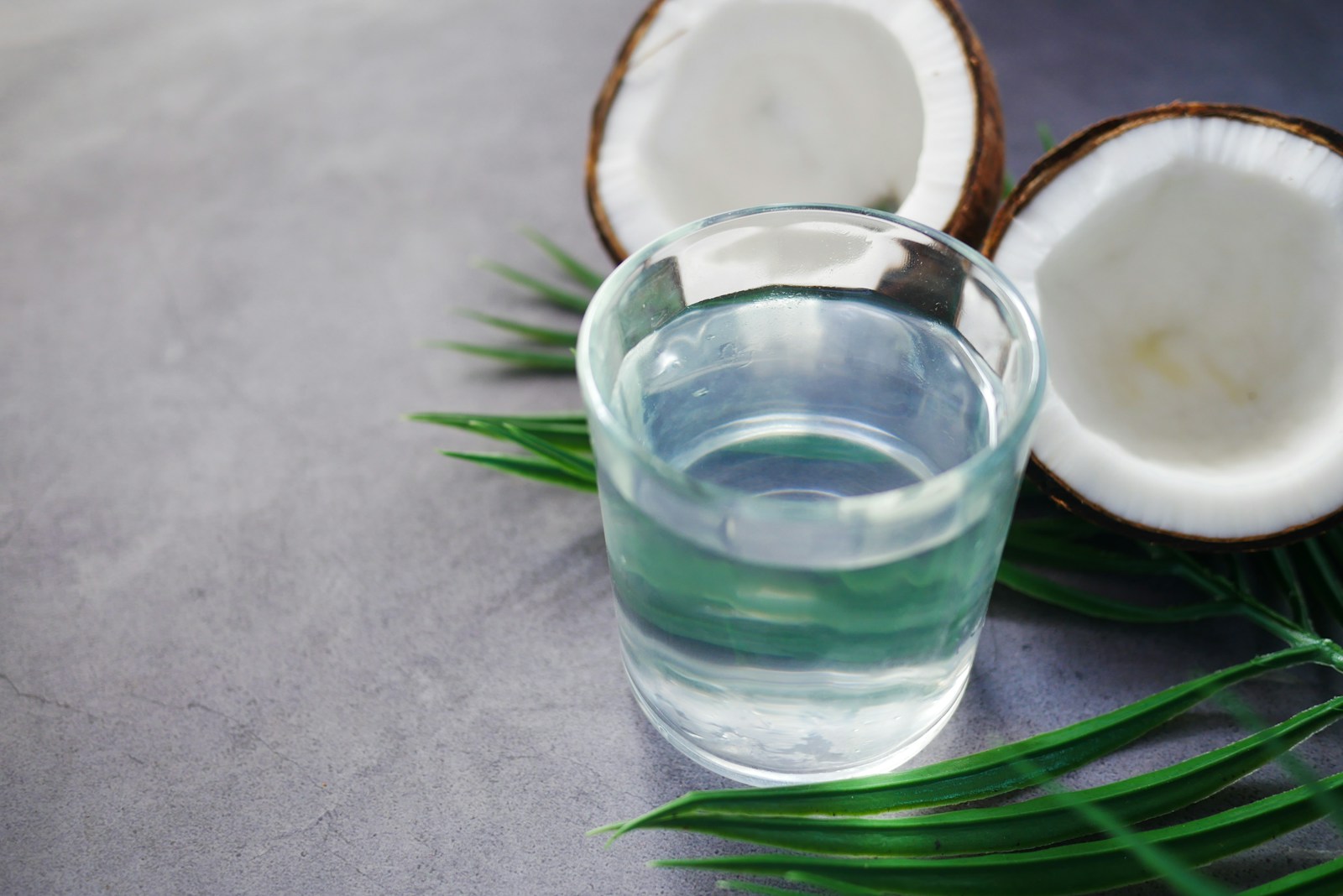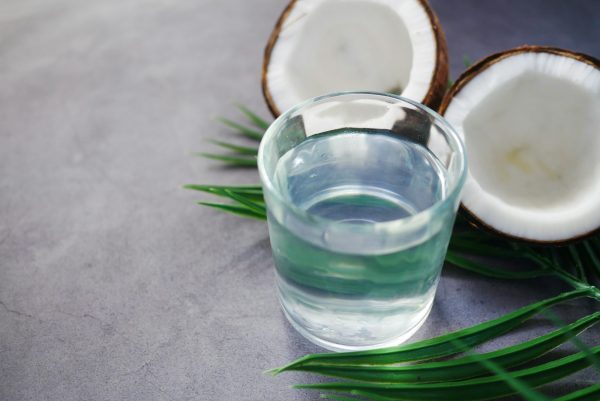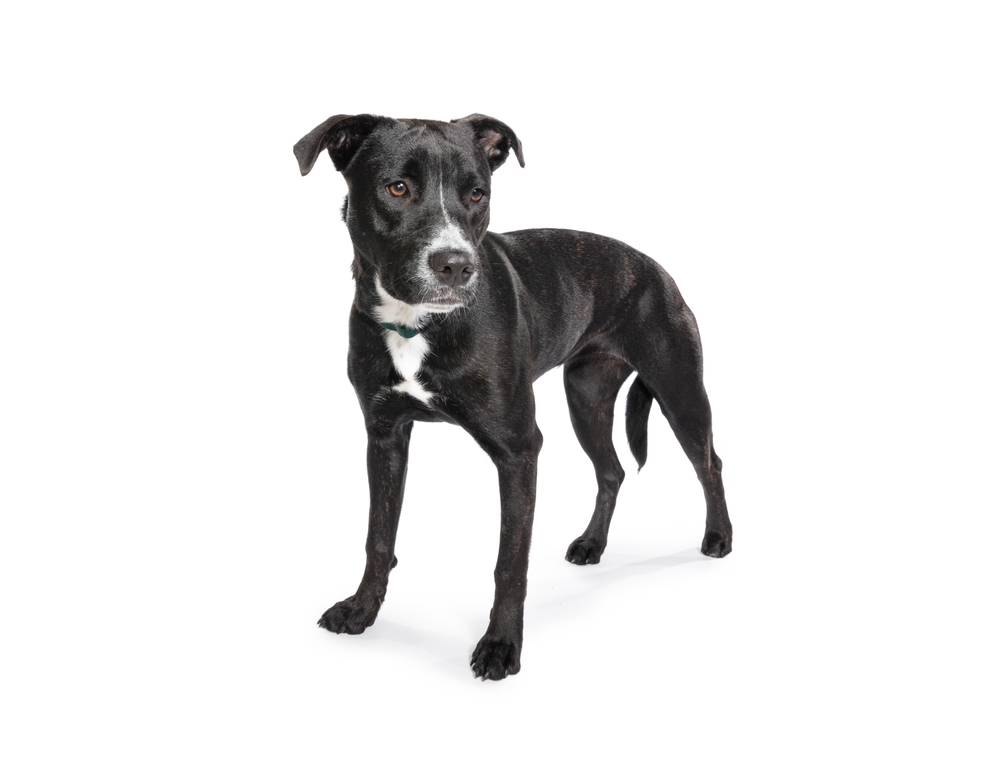Coconut oil is produced by pressing the meat inside the coconut to extract the liquid used for making the oil. In its purest form, such as virgin coconut oil, it has wide-ranging health benefits compared to refined or processed oil. Therefore, there may be positive benefits to adding coconut oil to your dog’s diet. It contains fatty acids and saturated fats that may promote healthy skin, hair, and nails. There may also be anti-inflammatory properties that are useful for inflammatory conditions.
Not all dogs enjoy eating coconut oil, though, and it may also cause gastrointestinal upset. Before adding coconut oil to your dog’s diet, discuss this ingredient with your veterinarian to minimize any side effects or health issues that might occur.
Some dogs may develop diarrhea, and in others, it may trigger an allergic reaction if they are allergic to any of the ingredients. Coconut oil also adds calories, which may lead to weight gain. The high-fat content can be detrimental to dogs with a history or tendency to develop pancreatitis.
That said, if your veterinarian has deemed coconut oil to be safe for your dog, there are a few good reasons to try it. Do note that none of the touted benefits of coconut oil are guaranteed, as research efforts are ongoing, particularly in veterinary medicine.

The 8 Reasons to Try Coconut Oil For Your Dogs
1. Decrease Inflammation
Applied topically or taken internally, coconut oil may help reduce inflammation in the body, such as inflammation due to joint disease and arthritis.
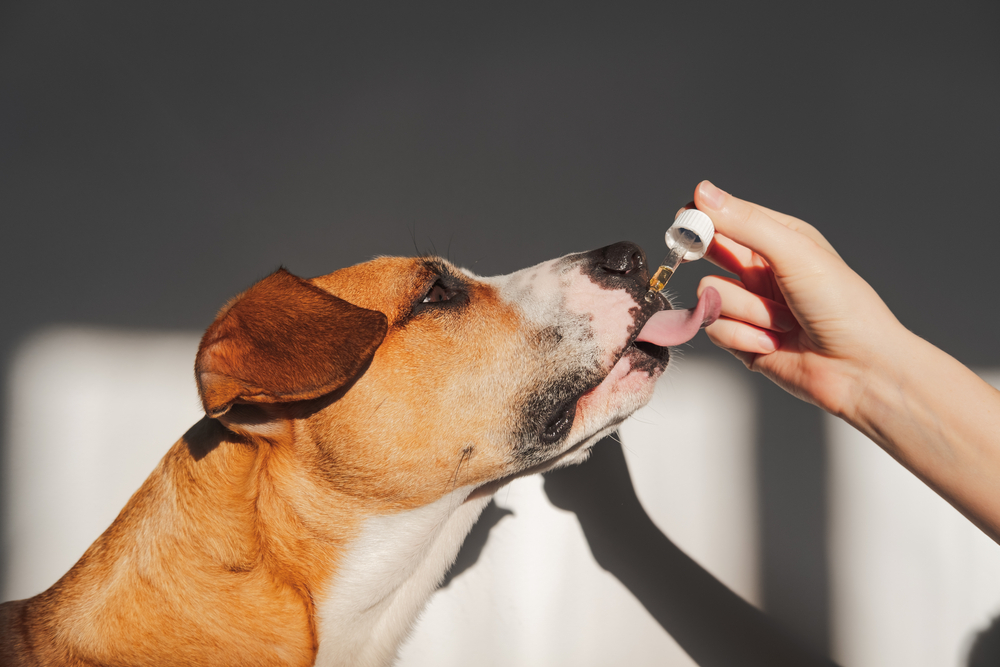
2. Prohibit the Growth of Harmful Bacteria and Fungi
The antibacterial and antifungal properties of coconut oil may inhibit the growth of harmful microorganisms that could lead to infection. Lauric acid is a medium-chain triglyceride found in coconut oil that may help kill and/or limit the growth of certain bacteria. In this way, coconut oil may promote healing.
3. Aid Digestion
The properties of coconut oil may improve your dog’s digestion and nutrient absorption.
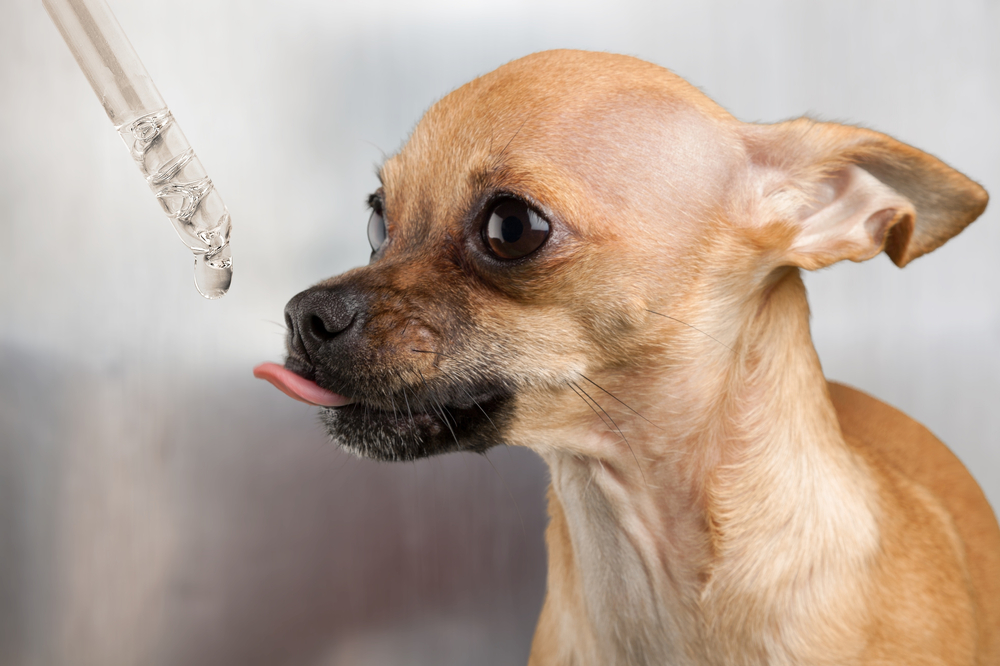
4. Improve Skin and Hair Coat
Coconut oil may decrease skin dryness and improve the appearance of the coat, whether applied topically or given orally as a supplement.
5. Prevent Odors and Bad Breath
The antibacterial and antifungal properties of coconut oil may help inhibit the bad odors associated with bacterial and fungal overgrowth.

6. Decrease Cognitive Decline
The fatty acids in coconut oil may help prevent brain-aging changes.
7. Improve Energy
Coconut oil is rich in medium-chain triglycerides, which is a type of saturated fat. This can serve as a rapid source of energy.

8. Help With Certain Medical Conditions
Antioxidants in coconut oil may prevent free radicals from forming in the body. This can reduce the risk of the development of chronic or degenerative diseases.

Conclusion
While coconut oil may have various benefits, including skin moisturization and antioxidant properties, it should be offered to your dog in moderation. Some dogs may experience diarrhea, pancreatitis, or weight gain or have an allergy to it. Research into the health benefits of coconut oil is ongoing, particularly in canines. As a precaution, it is best to discuss this topic with your veterinarian before adding it to your pet’s diet.
Featured Image Credit: Towfiqu barbhuiya, Unsplash

